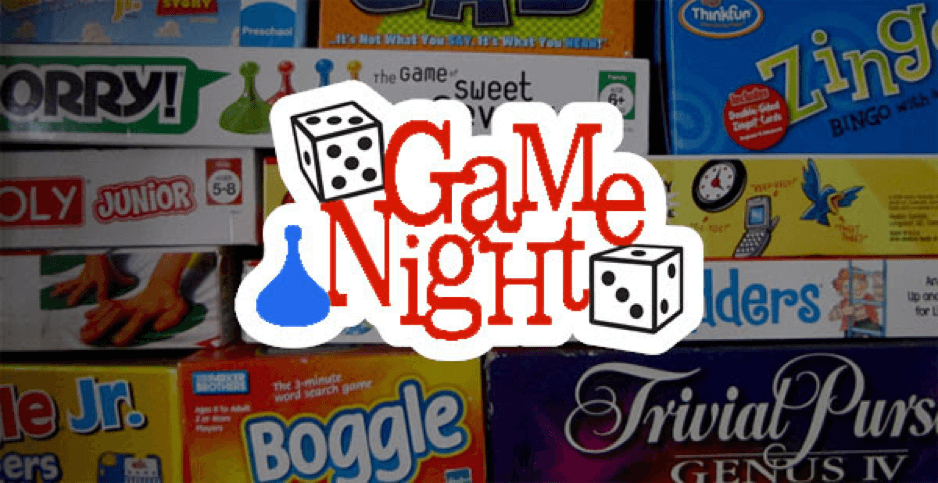(Photo of the children’s group Lake Norman Singers)
After recently reading a newspaper article about how singing is beneficial for adults, I thought that it must have many more benefits for children. I did some research and this week’s blog is about just that. Children love to sing and singing helps their intellectual and emotional development in many different ways.
The advantages of having children sing are explained:
Singing helps a child improve his vocabulary by learning new words. Experts say that parents should start from when the child is very young, as singing nursery rhymes and simple songs can be a foundation upon which words are built.
For young children, it helps them learn to communicate by exercising lip and tongue movement.
It helps develop the “memory muscle” – when your child is learning a song, tunes and words are being embedded in your child’s mind.
It helps develop creativity. Your child can create songs about anything and anyone. Make the words rhyme or not. There is no limit to what type of song can be written and sung.
It helps your child develop self-confidence. As your child practices a new song with both words and tunes, she will become more confident as she masters it.
When your child sings with a group, it helps him to develop better social skills as he will be learning and building friendships at the same time.
The websites listed below give parents and caregivers many tips as to how to encourage singing. They range from singing before bedtime or just making up songs while you are at home to looking for singing classes or a group in which your children can participate. Make it fun. Your children will enjoy themselves and learn at the same time.
For more information, please visit these websites:


